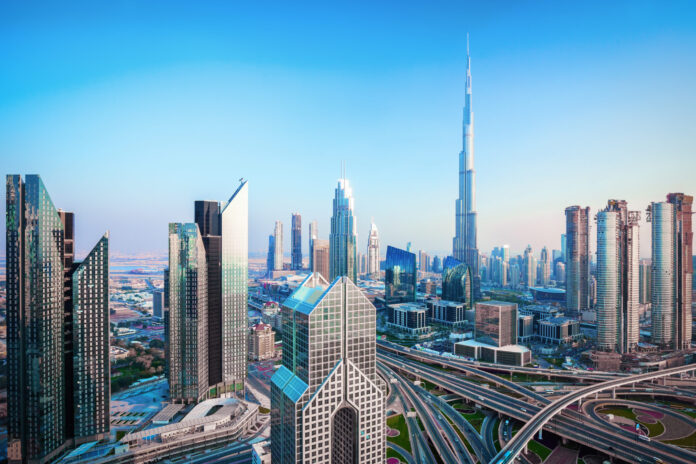According to a recent report in The Economist, the possibility of citizenship for expats may become easier in future as Gulf countries strive to adapt to a post-oil world. The UAE, where expats make up nearly 90% of a 10 million-strong population, wants to lure 3 million to 5 million more. The path to permanent residency, and perhaps even citizenship, will likely become easier as Gulf countries look to diversify their economies and compete in a global market, argues The Economist.
Overall the report highlights the challenges and opportunities for the Arab petrostates in preparing their citizens for a post-oil future. From the perspective of expats, the article suggests that these countries are undergoing a transition towards somewhat more liberal and open societies, but this transition could also create social instability if autocratic governments fail to adapt. The report argues that this may also lead to challenges in the relationship between the state, its citizens and expats, as foreigners who put down roots may one day demand more rights.
The article notes that Gulf governments used petrodollars to pamper their citizens with everything from cushy public-sector jobs to water subsidies and bonuses for newlyweds, while foreigners were encouraged to move to the Gulf to do the jobs citizens could not or would not do. However, this social contract will eventually become obsolete, and one of the reasons is climate change. The UAE and Saudi Arabia, which together pump 14m barrels of oil per day, know that demand for fossil fuels will fade.
As a result, these countries have a window of 10-20 years to transform their economies. The article suggests that some of the changes taking place are astounding. For example, in Saudi Arabia, women who were once barred from driving can now drive to work, and the percentage of Saudi women either employed or looking for work has increased from 17% in 2017 to 37% today. Restaurants were once prohibited from playing music, but now there is talk of loosening the alcohol ban.
However, this transformation also comes with a sense of insecurity. The citizens of the Gulf are having to compete for private-sector jobs, and their governments are keen to attract more foreigners. The UAE, where expats make up nearly 90% of a 10m-strong population, wants to lure 3m-5m more. Gulf citizens will need the tools to succeed in this new era, and education is a good place to start. Schoolchildren in Qatar, Saudi Arabia, and the UAE lag far behind their rich-country counterparts, and dropout rates are high because students assume they can rely on a government job.
The article also notes that greater social freedoms have been accompanied by more political repression and centralization, particularly in Saudi Arabia, under its de facto ruler, Muhammad bin Salman. Yet a taste of freedom in their daily lives may spur people to seek more say in politics, too. Governments will have to heed the grumbles when economic change creates losers, as it will.
In conclusion, the Economist’s article suggests that the Gulf countries’ ability to adapt to a post-oil future and to redrawing their social contracts matters not only to their people but also to the world, given their clout in oil and gas and their role in exporting cultural values across the Muslim world. Expats, who form a significant portion of the population in the Gulf, may need to adapt to these changes and be prepared for the challenges and opportunities that come with a more liberal and open society.





Hi.! Is anyone guide me about the current update for citizenship in UAE that is a fresh Pakistani citizen or student can get the citizenship in UAE weather he/she didn’t visit any country yet.